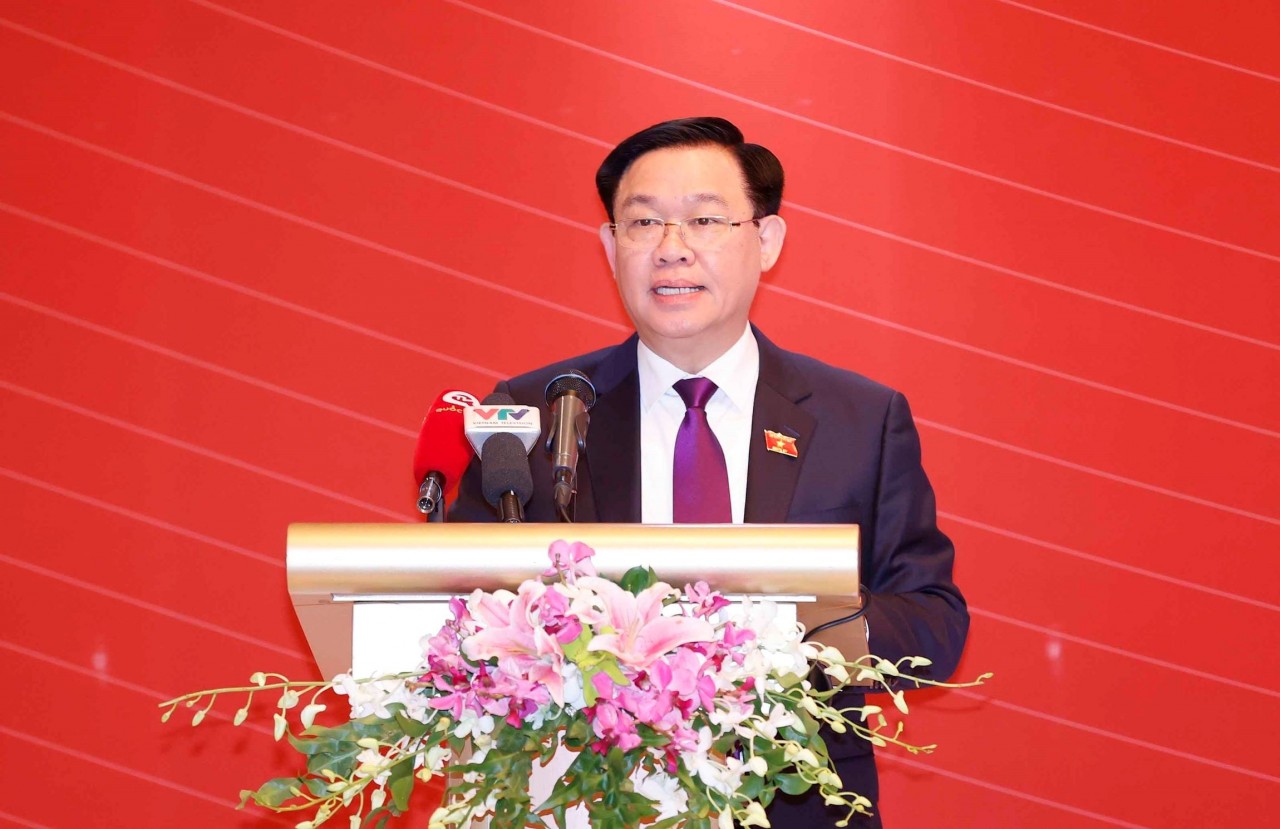 |
| National Assembly Chairman Vuong Dinh Hue speaks at the Foreign Policy Forum on August 5. (Source: VNA) |
Mr. Fadli Zon, Chairman of the Indonesian Inter-Parliamentary Cooperation Committee,
Dear Dr. Dino Patti Djalal, Founder - Chairman of the Indonesian Foreign Policy Community,
Dear all!
I am pleased to visit and discuss with the Indonesian Foreign Policy Community - the leading policy research center in Indonesia and the region. I hope that today's discussion will be open and frank among friends.
Visiting Indonesia - the beautiful land of thousands of islands, we felt the strong development of a country with a dynamic economy, a strong historical tradition and the tireless will of each citizen.
Indonesia boasts the tourist paradise of Bali, the national park named after the unique Komodo dragon, as well as many world-famous temples and heritage sites (such as the Buddhist temple of Borobudur, the Hindu temple of Prambanan, the prehistoric site of Tari Saman and the rainforest of Sumatra). Indonesia is also famous for its 38 unique traditional dances representing the 38 provinces of the country.
You also possess a treasure trove of cultural values with a long history and the quintessence of human art. Indonesia is also a country of strong ideas that transcend the region, in which the ideas of independence, autonomy, self-reliance, non-alignment... have been Indonesia's foreign policy philosophy and are shared by many countries.
Indonesia and Vietnam have deep cultural ties: since the 7th century, there have been exchanges and connections in trade, culture, language and even anthropology between the ancient kingdoms of Vietnam and Indonesia. The Cham, Giarai, Ede, Raglai and Churu people in Vietnam can communicate closely with the national language of Indonesia. The two countries have a long history of wet rice agriculture. Coming to Vietnam, Indonesians can see familiar architectural features in the Cham towers of Ninh Thuan and Nha Trang, and Vietnamese people can also feel close to the sophisticated sculptures in the temples of Java or Bali, Indonesia. Tourists can enjoy the similarities between the Indonesian be-cha and the cyclo in Vietnam.
Indonesia is a loyal friend and good neighbor who always accompanies Vietnam. Indonesia was the first country in Southeast Asia to establish diplomatic relations with Vietnam in 1955. President Ho Chi Minh and your two respected leaders, Sukarno and Hatta, shared a vision of a peaceful and developed world. President Sukarno was the first ASEAN head of state to visit Vietnam in 1975. When Vietnam was besieged and embargoed in the 1980s, Indonesia was the leading country in ASEAN to seek peaceful and cooperative solutions...
The cultural similarities, founding ideology, geographical proximity and close historical ties as well as the common aspirations for peace are the natural glue that binds our two peoples, carrying timeless values. That meaningful and warm bond has been continuously nurtured by generations of leaders and people of the two countries, just as our President Ho Chi Minh stated to President Sukarno in 1959: “We are truly friends, truly brothers”.
Ladies and gentlemen!
I would like to share with you some thoughts on the context of the Asia-Pacific and Indian Ocean region.
The vast and potential Asia-Pacific and Indian Ocean regions have long been one of the brilliant cradles of human civilization. Today, this region is rising strongly, becoming a new economic-political-technological power center of the world. The profound changes over the past two decades affirm that in the 21st century, the security and prosperity of Asia-Pacific and Indian Ocean increasingly have a decisive influence on the security and prosperity of countries and the world.
This region is home to nearly half of the world's 20 largest economies, accounts for three-fifths of the world's population, contributes about 60% of global GDP, 46% of total international trade and 50% of total maritime transport.
We feel fortunate that the Asia-Pacific and Indian Ocean are among the few regions that have not witnessed large-scale conflicts since the Cold War. However, we also need to be cautiously optimistic because in the region, many fluctuations, security risks, disputes, and local conflicts are emerging when there are actions pursuing selfish, narrow interests, disregarding international law, increasing the trend of arms races around hot spots.
Peace and development cooperation are still the major trends, but competition, strategic separation, and conflicts of interests among major countries are increasing, affecting many areas such as investment, trade, technology, supply chains, etc. At the same time, instabilities in territorial sovereignty disputes, natural resources, development gaps, social inequality, etc. are deepening. Epidemics, climate change, cyber security, food security, energy security, terrorism, and transnational crime pose many multidimensional and complex challenges.
To preserve the blue sky of peace, a peaceful and prosperous environment for the future, I believe that all countries need to join hands to build a regional cooperation structure that is inclusive, sustainable, connected in politics, security, economy, trade, culture, society and people-to-people exchange, promoting conduct based on the United Nations Charter and international law.
This is in line with the spirit of the 1955 Bandung Conference with its 10 principles of peaceful coexistence, with the fundamental values of respect for independence and sovereignty, peaceful settlement of disputes, non-use of force, upholding justice, compliance with the United Nations Charter, and promoting regional cooperation.
Vietnam and Indonesia together lit the torch of the struggle for independence, freedom and equality in Bandung. Today, that torch and the noble Bandung spirit still illuminate all of us on our journey of development.
Regarding ASEAN, ASEAN is located in the center of the region, with a population of over 600 million people, the 5th largest economy in the world with a GDP of over 3,300 billion USD, ASEAN has an important position in regional cooperation processes.
After nearly 6 decades of formation and development, ASEAN has never been in such a good position as it is today, but it has also never faced as many challenges as it does today. ASEAN is the center of a series of initiatives and regional connections, but it is also subject to direct push/pull forces from strategic competition between major countries. The development gap between ASEAN members is still large, and the level of cooperation and connection is not really tight. ASEAN must be strong to be self-reliant and self-reliant.
ASEAN needs to reposition itself, generate ideas, arouse self-reliance, and unleash resources for Community development. I propose taking the 3 “Unities” as a solid foundation and strong roots for ASEAN’s flexible and creative actions.
One is unity in upholding principles, which is reflected in maintaining strategic balance in relations between ASEAN and its partners. Accordingly, an “ASEAN of stature” must persistently ensure the principles of independence and autonomy, and not accept ASEAN becoming a tool for any confrontation or division.
Second is unity in maintaining consensus, demonstrated by ASEAN maintaining consensus on important regional security and development issues, jointly protecting ASEAN's common stance and viewpoint according to the "ASEAN way" and the ASEAN Charter...
Faced with recent complex developments that pose a risk of tension in the East Sea, we need to unite and persistently promote dialogue, resolve disputes by peaceful means, ensure security, safety, freedom of navigation and aviation, fully implement the DOC, negotiate an effective and efficient COC in accordance with international law and the 1982 United Nations Convention on the Law of the Sea (UNCLOS).
ASEAN needs to firmly unite in supporting Myanmar to fully implement the “Five-Point Consensus”. Vietnam strongly supports the Indonesian Chair and Special Envoy to play an active role in leading ASEAN to achieve the above goal.
Third, unity in community building is also reflected in taking people as the center, subject, goal and driving force of the community building process. We need to promote institutional, infrastructure and human connectivity to unleash development potential and support each other to participate more deeply in regional and global supply chains.
Regarding Vietnam-Indonesia cooperation in ASEAN, Vietnam highly appreciates Indonesia's important contributions to ASEAN, most recently the building of the ASEAN Outlook on the Indian Ocean and the Pacific (AOIP). As the proverb says, "If you want to go fast, go alone / If you want to go far, go together". The more closely we cooperate, the more we contribute to ASEAN's progress. As our General Secretary Nguyen Phu Trong stated when visiting Indonesia in August 2017: "Together with ASEAN, Vietnam and Indonesia will continue to develop; together with Indonesia and Vietnam, ASEAN will grow stronger, contributing significantly to peace, independence, cooperation and development in the region and the world".
On behalf of the National Assembly and the Vietnamese people, I would like to congratulate Indonesia on its successful assumption of the ASEAN Chairmanship in 2023 with many effective initiatives and achievements in building the Community and strengthening solidarity and unity within ASEAN.
Ladies and gentlemen!
In a turbulent world, one thing that remains constant for Vietnam is the spirit of peace, harmony and friendship in its foreign policy.
Vietnam persistently pursues a foreign policy of independence, self-reliance, multilateralization, diversification, being a friend, a reliable partner and a responsible member of the international community; proactively and actively integrating comprehensively, deeply and effectively into the international community. Vietnam upholds multilateralism, the United Nations Charter and international law, supports peaceful settlement of disputes, and consolidates common principles and norms of conduct in the region for peace, stability, cooperation and development.
These are the fundamental and core principles that have created Vietnam's success on the 37-year journey of Innovation and comprehensive, deep international integration.
From a country deeply immersed in socio-economic crisis, since 1986, Vietnam has risen strongly, becoming a middle-income country, an economy with a high and continuous growth rate for more than 30 years, a potential market with 100 million people, an attractive and safe destination for international tourists. From a country under siege and strict embargo, Vietnam now has diplomatic relations with 192 countries and participates in more than 70 regional and international forums and organizations. From a country receiving humanitarian aid, Vietnam has now become a reliable and responsible partner in the region and the world, successfully fulfilling many international responsibilities, striving to implement the United Nations Sustainable Development Goals (SDGs) by 2030 and committing to achieving net zero emissions by 2050.
Vietnam has identified two 100-year development goals for the country: by 2030 (the 100th anniversary of the founding of the Communist Party of Vietnam), Vietnam will be a developing country with modern industry and high average income; by 2045 (the 100th anniversary of the founding of the country), Vietnam will become a developed country with high income.
To achieve the above goal, we identify internal strength as decisive and fundamental, and harmonious combination with external strength as important and a breakthrough for the development of an independent and self-reliant economy associated with proactive and active deep international integration.
Vietnam identifies the foreign-invested economic sector (FDI sector) as an important component of the economy. We always listen and create favorable conditions for foreign enterprises to feel secure in investing and developing long-term. This is the consistent message we send to the international business community, including the Indonesian business community.
Vietnam identifies parliamentary diplomacy as playing a very important role, promoting soft power to contribute to deepening the friendship and cooperation between Vietnam and other countries and partners.
Within the framework of multilateral inter-parliamentary organizations such as the ASEAN Inter-Parliamentary Assembly (AIPA), APPF, IPU, and the Francophone Parliamentary Union, Vietnam has always actively participated and proposed many initiatives on gender equality, narrowing the development gap, digital transformation, responding to climate change, epidemics, energy security and water resources, etc.
In particular, within ASEAN, the Vietnamese National Assembly always attaches importance to, accompanies, and has many outstanding contributions and imprints to cooperation mechanisms, typically AIPA.
We understand that Parliaments play a very important role in the legislative function, supreme supervision and facilitating resource allocation, enhancing connection with the people, thereby coordinating and supporting the Governments of countries to build mechanisms and policies to create momentum for socio-economic development, for the benefit of the people.
In September 2023, Vietnam will host the IPU Global Meeting of Young Parliamentarians with the theme “The role of youth in achieving sustainable development goals, linked to innovation and digital transformation”. We hope that the parliaments of AIPA member countries and partners will actively support and participate in this extremely important event.
Ladies and gentlemen!
The Vietnam - Indonesia Strategic Partnership is being comprehensively developed in both breadth and depth, actively contributing to a dynamic, inclusive and sustainable regional structure.
Vietnam and Indonesia have stood side by side throughout history and today are hand in hand in realizing the aspiration of 2045, the 100th anniversary of the founding of the country, to become developed countries. The two countries have many favorable conditions and potentials to coordinate their stances and cooperate on regional and global issues.
It is the connection of interests and similarities in strategic thinking that have been the driving force for the Vietnam-Indonesia relationship to move forward steadily, such as the upgrading of the relationship to Comprehensive Partnership in 2003 during the visit of the first female President of Indonesia and Strategic Partnership in 2013, which has gradually opened up a more comprehensive and extensive space for cooperation. High-level visits have been maintained regularly and effectively; many bilateral cooperation mechanisms have been established. Trust in politics, defense, and security has been enhanced. Cooperation in trade, investment, education and training, people-to-people exchange, etc. has become increasingly effective.
In particular, after 25 years of negotiations, the two countries signed an Agreement on the delimitation of the continental shelf in overlapping sea areas and after 12 years of negotiations, signed an Agreement on the delimitation of the Exclusive Economic Zone (EEZ). These are historic events that help to firmly consolidate strategic trust between the two countries, at the same time, create new momentum for the Strategic Partnership, as well as actively contribute to peace and stability in the region.
It can be said that the relationship between our two countries is in a period of convergence of “heavenly time, geographical advantage, and human harmony” to together overcome and gain many new achievements. And that is also the basis for continuing the steps of upgrading the relationship in 2003 and 2013, at the appropriate time in the near future, we aim to elevate to a Comprehensive Strategic Partnership for peace, cooperation and sustainable development.
To move forward in this important partnership, I propose the following broad directions:
Regarding political, defense-security and multilateral cooperation, promote cooperation on all channels (including Party, Government, National Assembly and people-to-people exchanges); strengthen cooperation within the ASEAN framework, including proposing new initiatives/strategies/mechanisms led by ASEAN; establish new or upgrade security-defense cooperation mechanisms; establish a joint patrol mechanism at sea, including bilaterally and with some ASEAN countries; strengthen consultation, exchange and coordination of positions when proposing initiatives, ideas and solutions to maintain international peace and security, peacefully resolve disputes, sustainable development, ensure maritime security, food security, energy security, water security; share experiences and participate in United Nations peacekeeping activities.
Regarding strengthening economic ties, increasing cooperation in new and potential areas such as green economy, digital transformation and digital fields; closely cooperating to enhance the multilateral trading system based on rules; cooperating in infrastructure development; creating a new step in maritime cooperation, sea and fishery cooperation. In the current economic development trend and unstable situation, instead of imposing trade barriers, the two countries need to continue to facilitate each other, closely coordinate to maintain existing supply chains, cooperate to form and jointly develop new supply chains to create high value-added products in the industrial sector, strengthen cooperation in the fields of renewable energy, infrastructure investment, digital economy, circular economy, agriculture and fisheries, Halal industry and tourism, etc.
Regarding people-to-people exchanges, promote cooperation in education, training, tourism and cultural exchange; enhance local cooperation and people-to-people exchanges.
Regarding cooperation on climate, environment and energy, strengthen cooperation in new potential areas such as climate change response, equitable energy transition; promote cooperation in science and technology, including emerging technologies, green technologies, rapid and sustainable digital transformation. In particular, the two countries and their parliamentary agencies need to coordinate to build institutions to promote the formation of ecosystems for two very important and global transformations today: sustainable and safe digital transformation and equitable and sustainable energy transition.
In addition, the legislative bodies of the two countries need to further strengthen cooperation in parliamentary diplomacy, exchange experiences in legislation and supervision, and move towards signing specific cooperation programs and agreements, creating a framework for new steps of cooperation in the future.
Ladies and gentlemen!
As stated by the Chairman of the Indonesian Inter-Parliamentary Cooperation Committee and the Chairman of the Indonesian Foreign Policy Community, Vietnam and Indonesia are naturally close partners, with great potential for cooperation between the two countries, strongly promoted by the abundant internal strength of each country as well as the rapid movement of the 4.0 Industrial Revolution in a strong and united ASEAN Community.
We cannot yet imagine the world in 2045, the moment when both countries celebrate their 100th anniversary. But one thing we can be sure of is that both Indonesia and Vietnam have the will, aspiration and determination to cooperate to realize together the aspiration of becoming rich and developed countries.
In conclusion, I would like to borrow the image of the Wilson bird of paradise from Indonesia - known as the most beautiful bird of paradise in the world and the Lac bird from Vietnam - a legendary bird of the ancient Vietnamese people found on the Dong Son bronze drum. These two birds spread their wings and fly high as symbols of the desire to conquer the sky, representing our aspirations, spirit and strong belief, bringing the Vietnam-Indonesia strategic partnership to a new height, contributing to building a dynamic, inclusive, peaceful, cooperative and sustainable Asia-Pacific and Indian Ocean.
Source


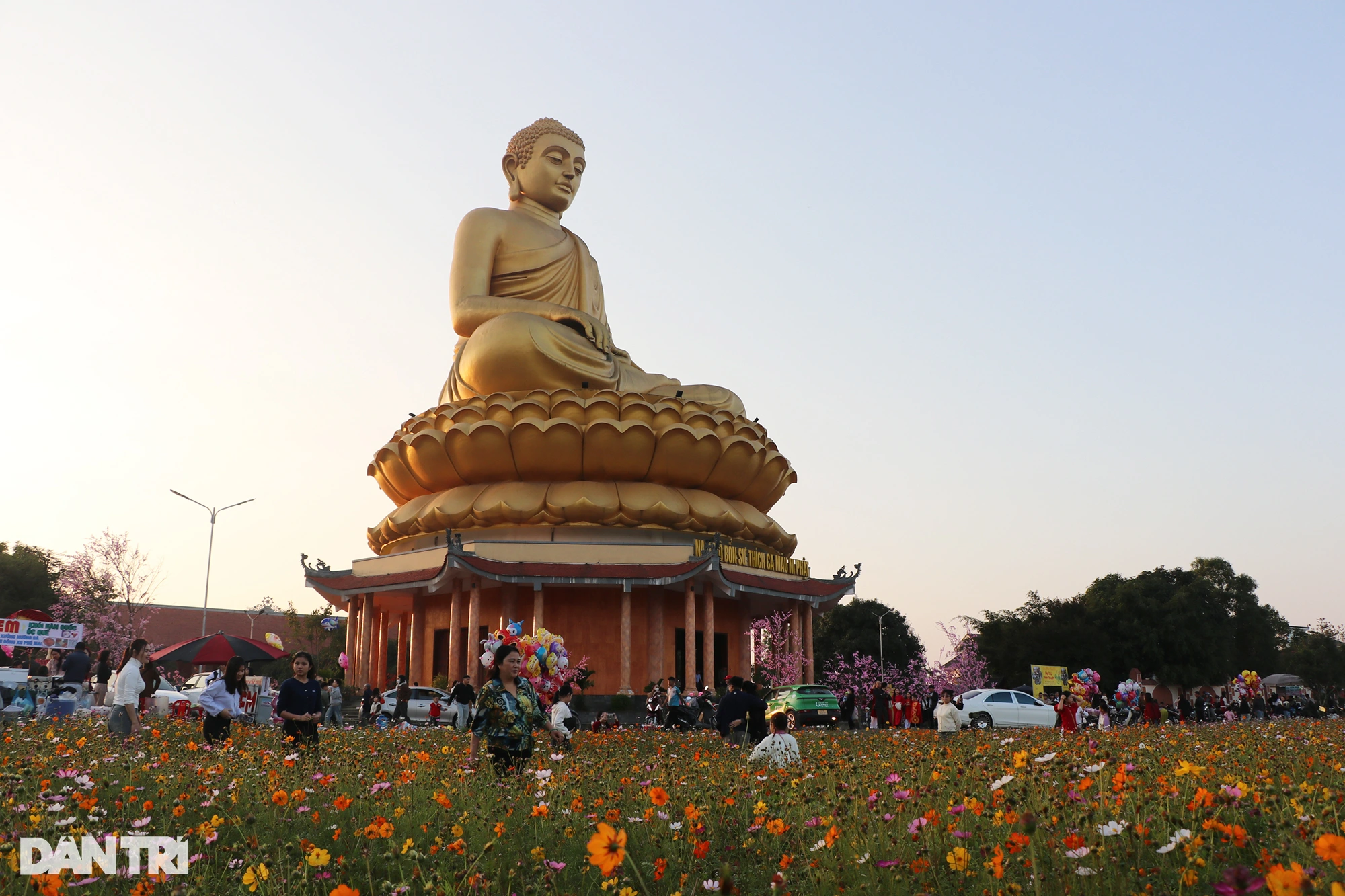





















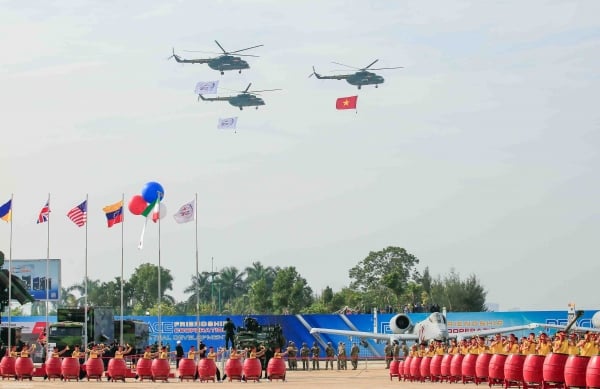
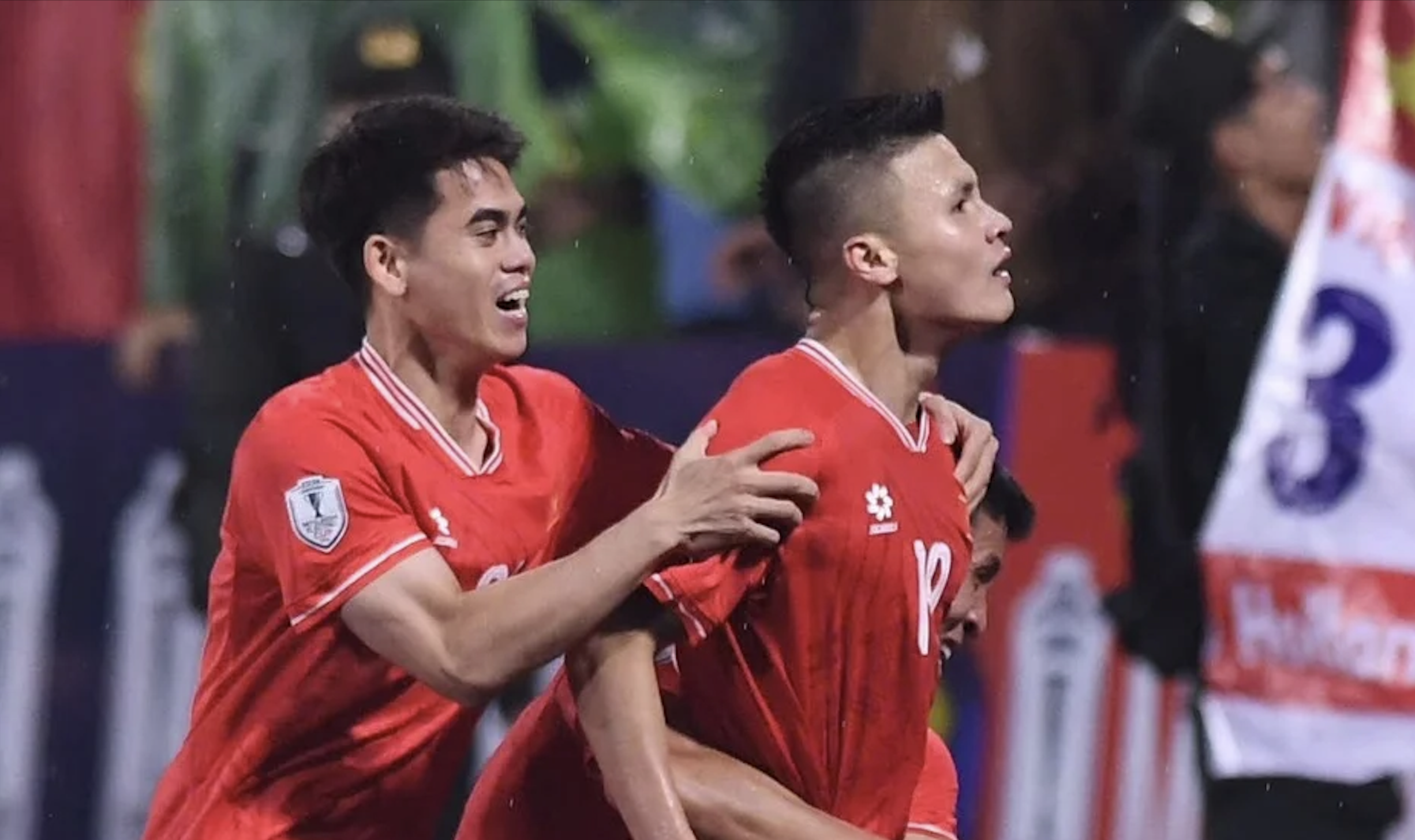

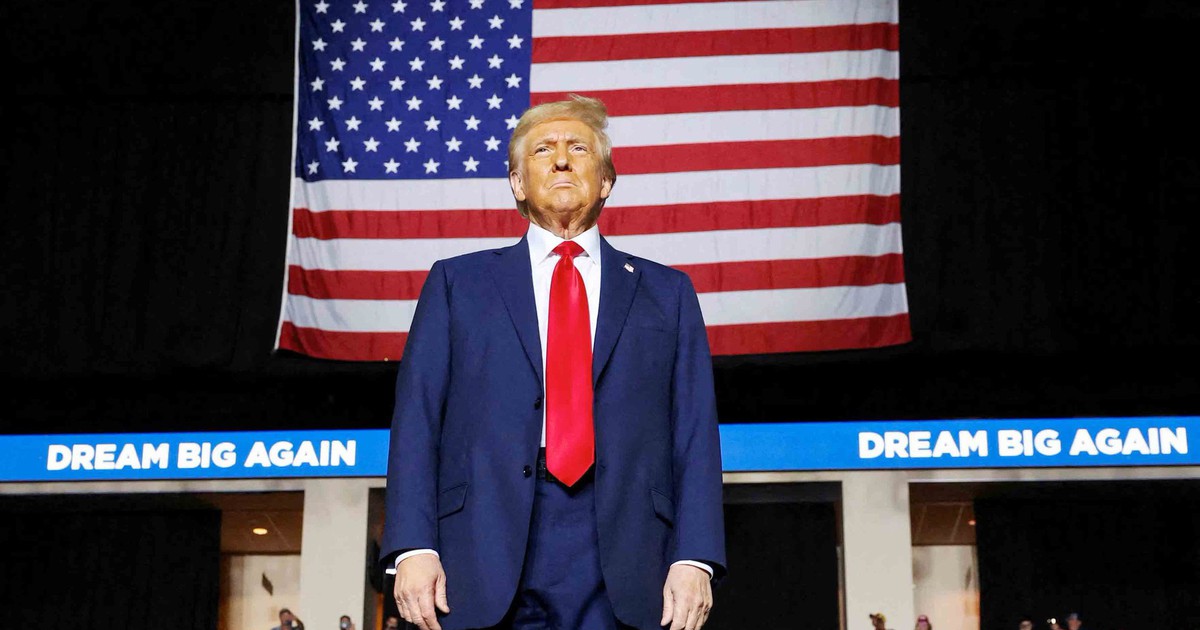

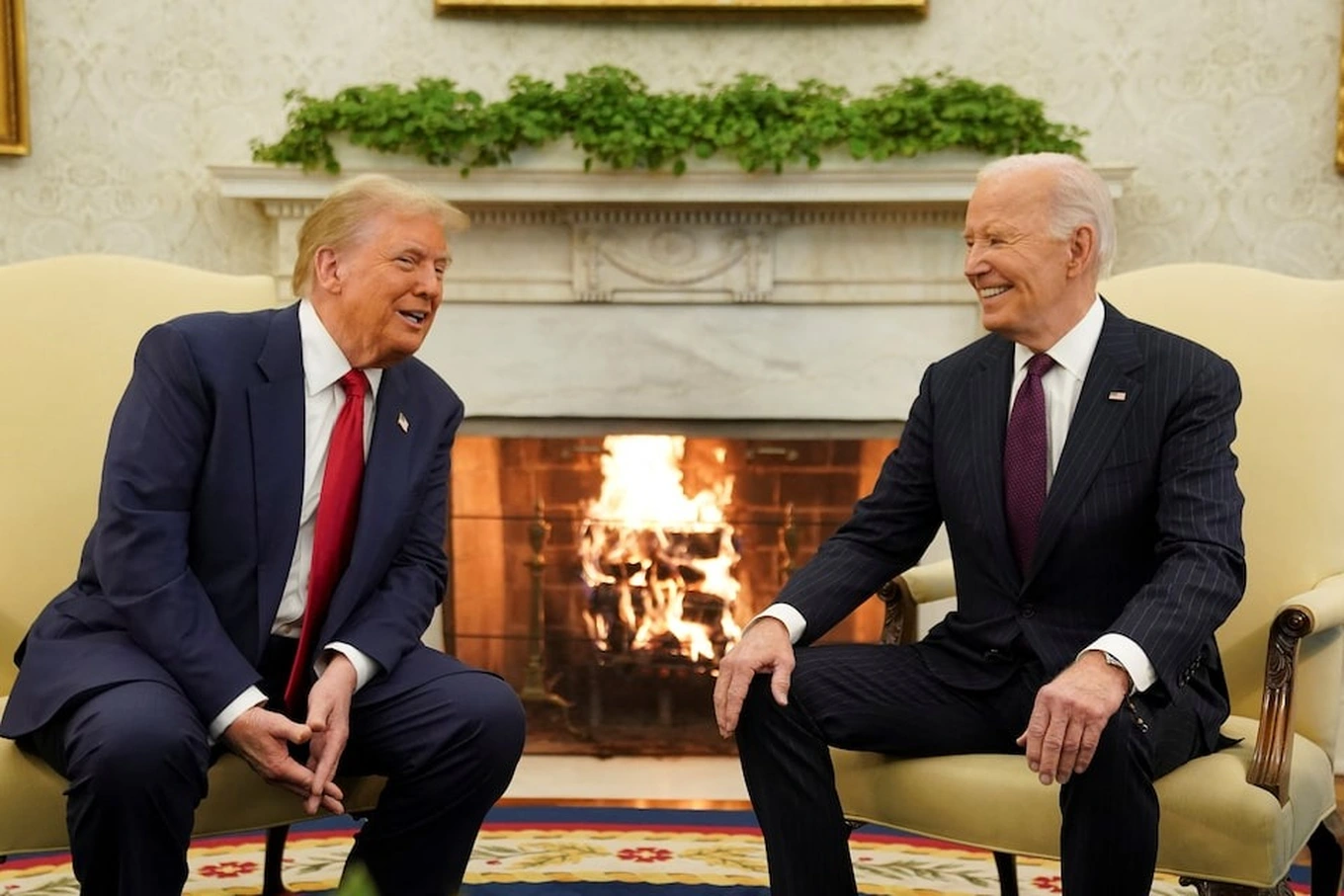
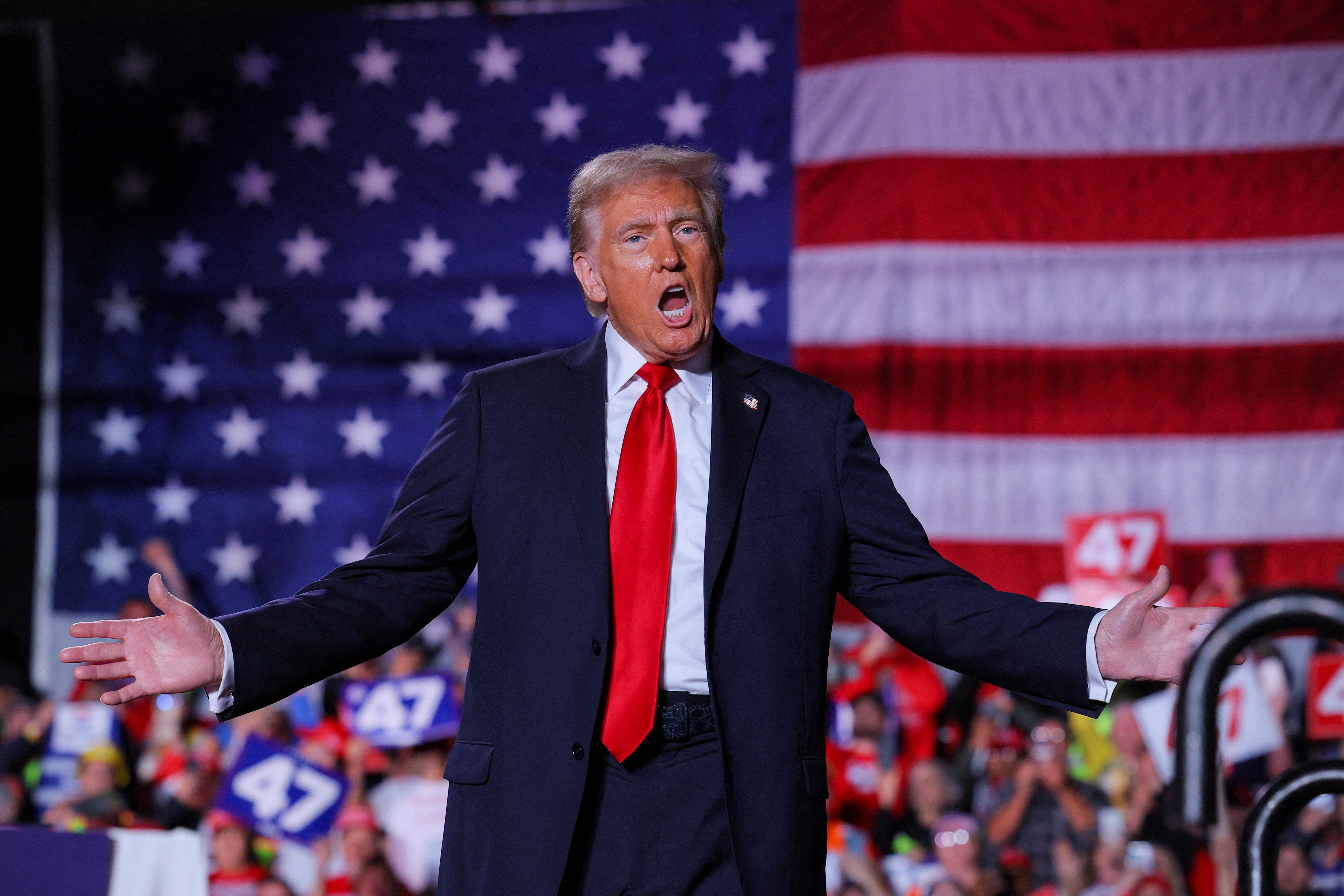












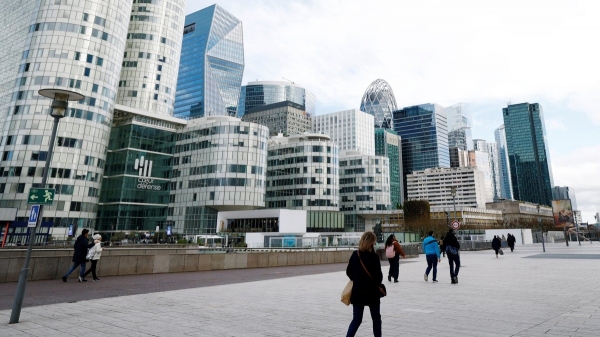










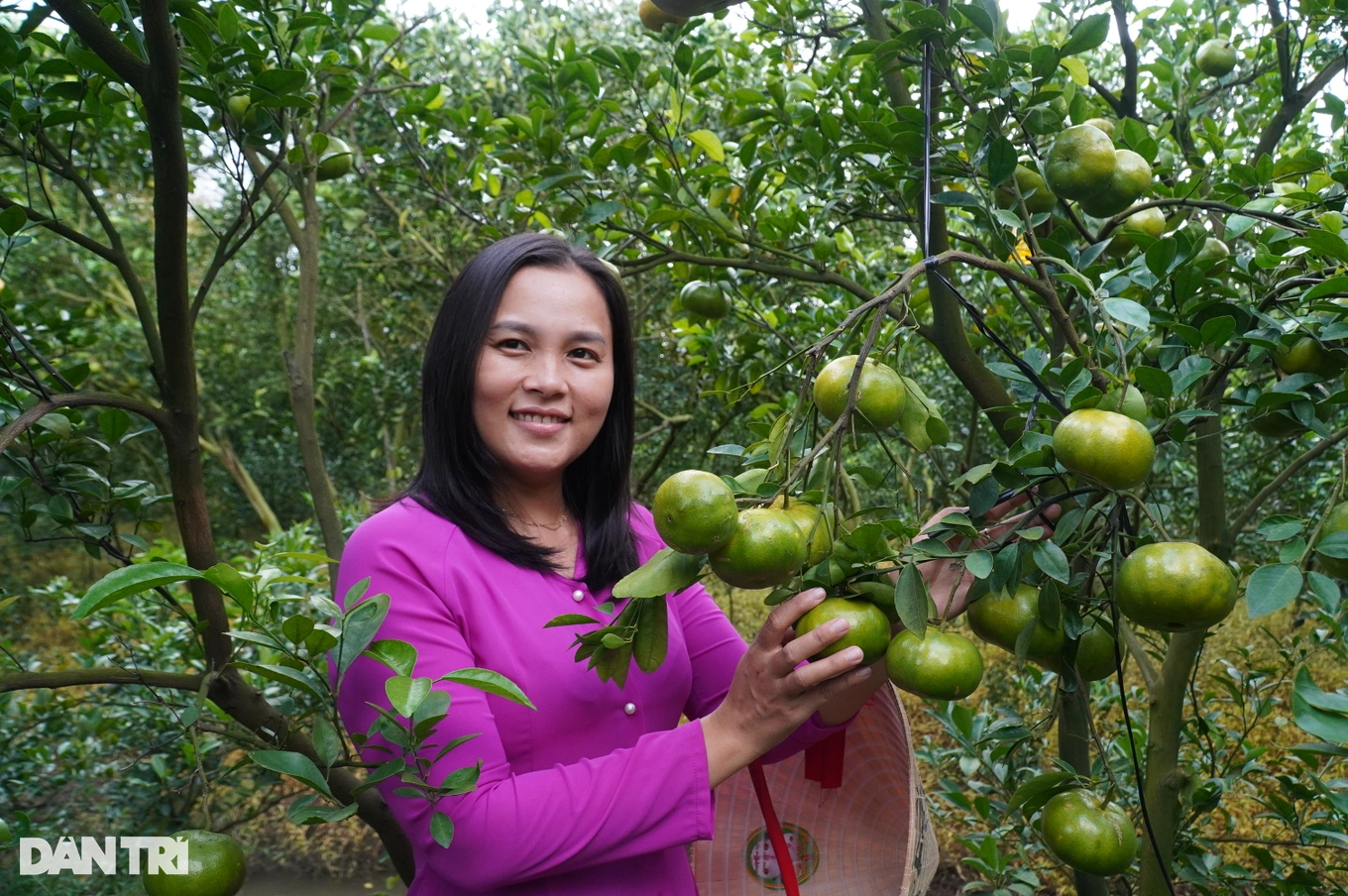







Comment (0)